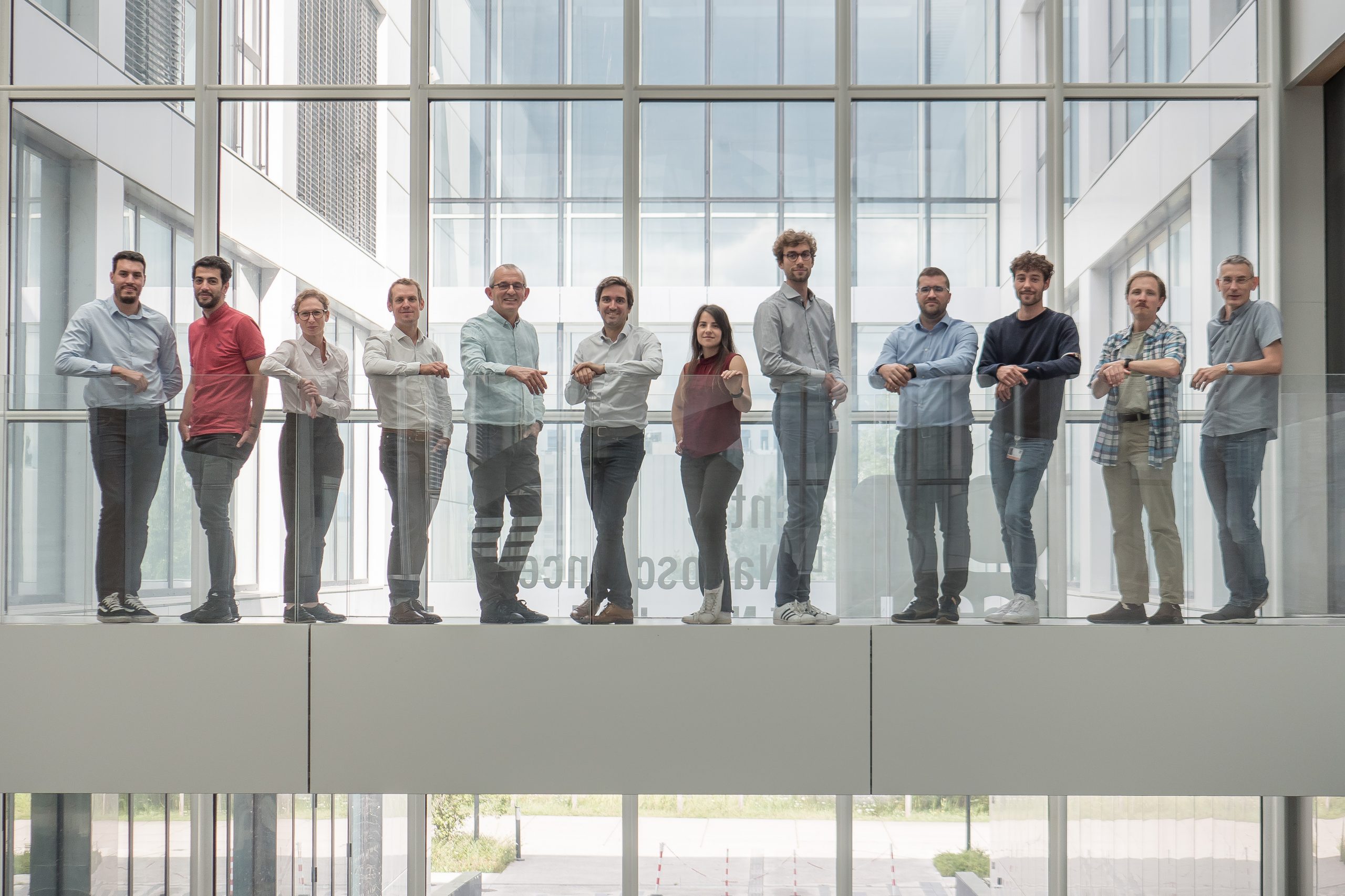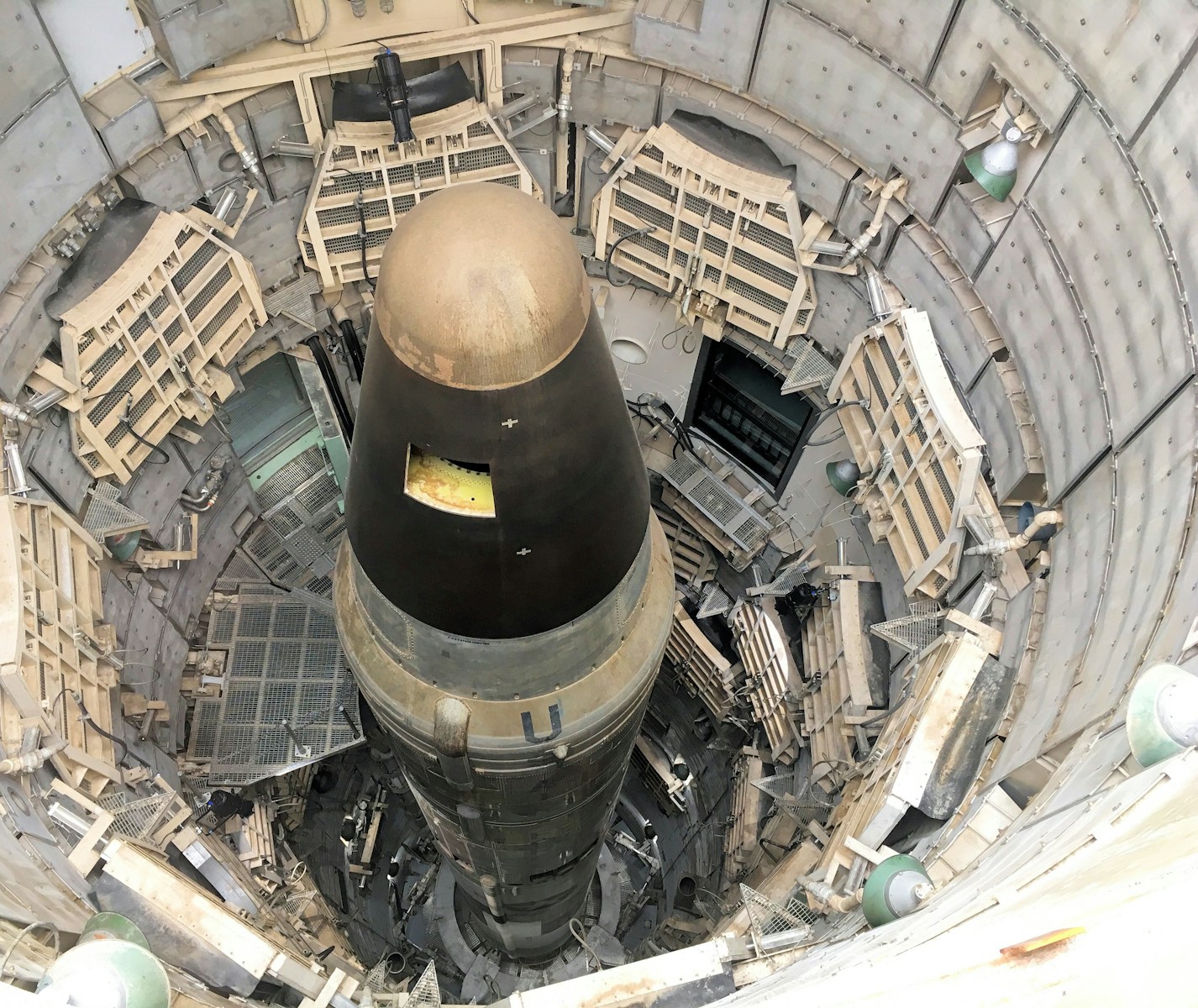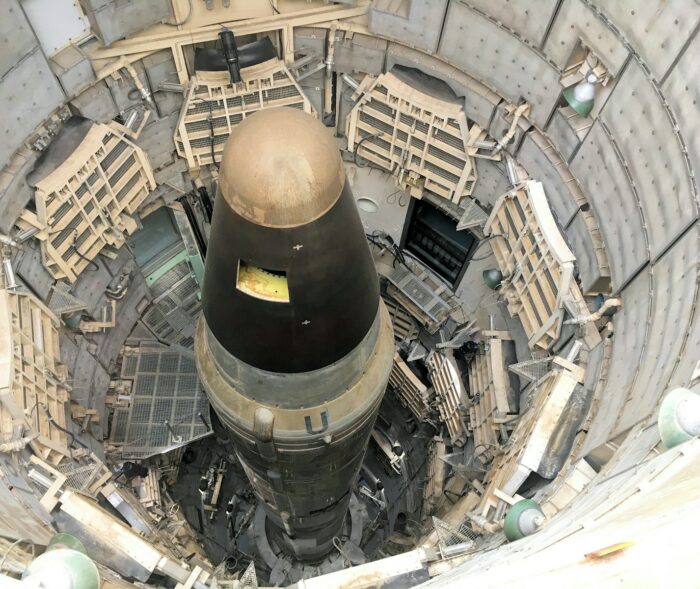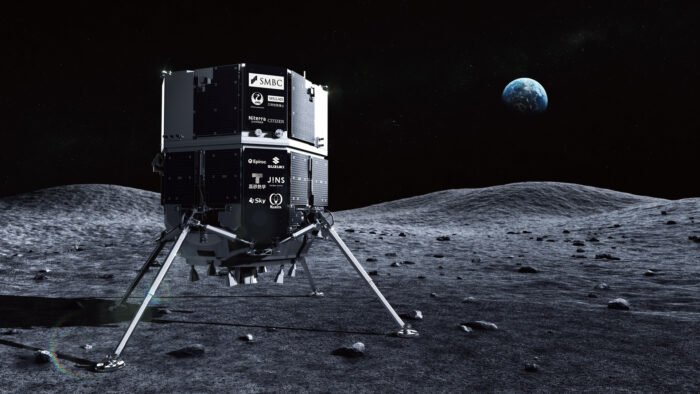At the recent Space Logistics Conference, Mamatha Maheshwarappa, Head of R&D within the Office of the Chief Engineer (OCE) at the UK Space Agency (UKSA), discussed the agency’s efforts to advance UK space capabilities through strategic research, partnerships, and sustainability initiatives.
A Strategic Approach to Research and Development
Maheshwarappa’s work within the Office of the Chief Engineer focuses on three pillars: innovation, directed research, and representation. These pillars help guide the UKSA’s R&D efforts to stay ahead of emerging technologies, address specific challenges, and engage in international forums.
Innovation: Anticipating Future Technologies
The UKSA proactively monitors new technologies and missions through horizon scanning. “We look at different technologies and missions to see what’s coming up and where we can position the UK as a leader,” said Maheshwarappa. This approach allows the UKSA to identify areas for strategic investment to maintain its competitive edge.
Directed Research: Tackling Technical Challenges
Directed research targets specific problem areas identified by government departments or internal UKSA teams. “We focus on challenges where we need to conduct a thorough investigation,” explained Maheshwarappa, describing how this research helps address technical hurdles and enhances the UK’s space capabilities.
Representation: Engaging Internationally
Through participation in global forums such as Inter-Agency Space Debris Coordination Committee (IADC) and the UN’s Committee on Peaceful Uses of Outer Space (COPUOS), the UKSA contributes to international discussions on space sustainability and debris management. “The research we do with academia and internal teams feeds into these working groups,” she noted.
Together, these three pillars form a comprehensive approach to advancing the UK’s space capabilities Office of the Chief Engineer playing a unique role in the structure. “We are not part of any specific directorate. We work across the entire portfolio and directly report to the Deputy CEOs and CEO,” Maheshwarappa explained. This independence allows the team to provide “independent assurance to all these teams,” ensuring that research and development activities remain aligned with the broader goals of the UK Space Agency and its strategic vision for the future of space.
Balancing National Goals with Industry Feedback
The UKSA uses both government directives and industry input to guide its R&D. Maheshwarappa emphasized the importance of listening to feedback from SMEs, larger industry players, and academia to ensure the agency’s work aligns with real-world needs. “We also listen to industry and academic progress in technology and research,” she said.
Identifying Technology Gaps
To guide its investments, The UKSA develops roadmaps to help guide its investments into new missions and technologies and teams such as the OCE and our Technology Team help develop these with our Delivery Teams. These roadmaps help the agency pinpoint where its efforts should focus. “We map where we want to be, what we have, and where the gaps are,” explained Maheshwarappa, outlining how this process shapes R&D investments aimed at elevating technology readiness.
R&D Priorities: Sustainability and High-Value Missions
To date Space Sustainability has been a key area of work for the UKSA , with a focus on mitigating space debris and safeguarding the space environment. Maheshwarappa highlighted their work on developing metrics to measure the impact of space activities and supporting our delivery team in helping advancing active debris removal projects. “The UKSA with industry partners have completed phases A and B of the debris removal project and are awaiting the next steps,” she stated.
To justify our future investments, the UKSA develops internal business cases which explore areas such as value for money and risk. Areas such as technical maturity of a new technology or application is a key area of consideration, and this is where performing R&D to help build the evidence base to support decisions is key. . “We look at how best to invest to make the UK a leader in specific areas,” Maheshwarappa explained. These missions drive both technological advancement and economic growth.
Global Partnerships and Economic Impact
Collaboration is essential to the UKSA’s strategy. The agency works closely with the European Space Agency (ESA) and has joint missions with countries like the U.S., Canada, Australia and Japan. “70-80% of our contribution goes to ESA, and we engage in numerous international collaborations,” said Maheshwarappa.
Economic growth is a key driver for the UKSA’s activities. For every pound invested, the UK sees nearly tenfold returns. “For every pound we put in, we get back 9.8 pounds,” she noted, emphasizing the agency’s role in catalyzing economic and technological growth.
Outlook on Space Logistics
Looking ahead, Maheshwarappa expressed optimism about the rapid evolution of space logistics, but she acknowledged the challenges that come with it. “Technology is evolving faster than ever before,” she said, underscoring the need for adaptable strategies to manage these advancements. Beyond collaboration, the UKSA is focused on ensuring long-term sustainability in space, with key investments aimed at mitigating the growing threat of space debris and protecting critical space environments.
Maheshwarappa stressed that strategic foresight will be essential as the space sector continues to grow. “We’re not just thinking about today, but about the next decade and beyond,” she concluded. By investing in forward-thinking R&D and developing sustainable space practices, the UKSA is positioning itself to tackle future challenges while solidifying the UK’s role in shaping the global space industry.
Share this article:










